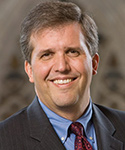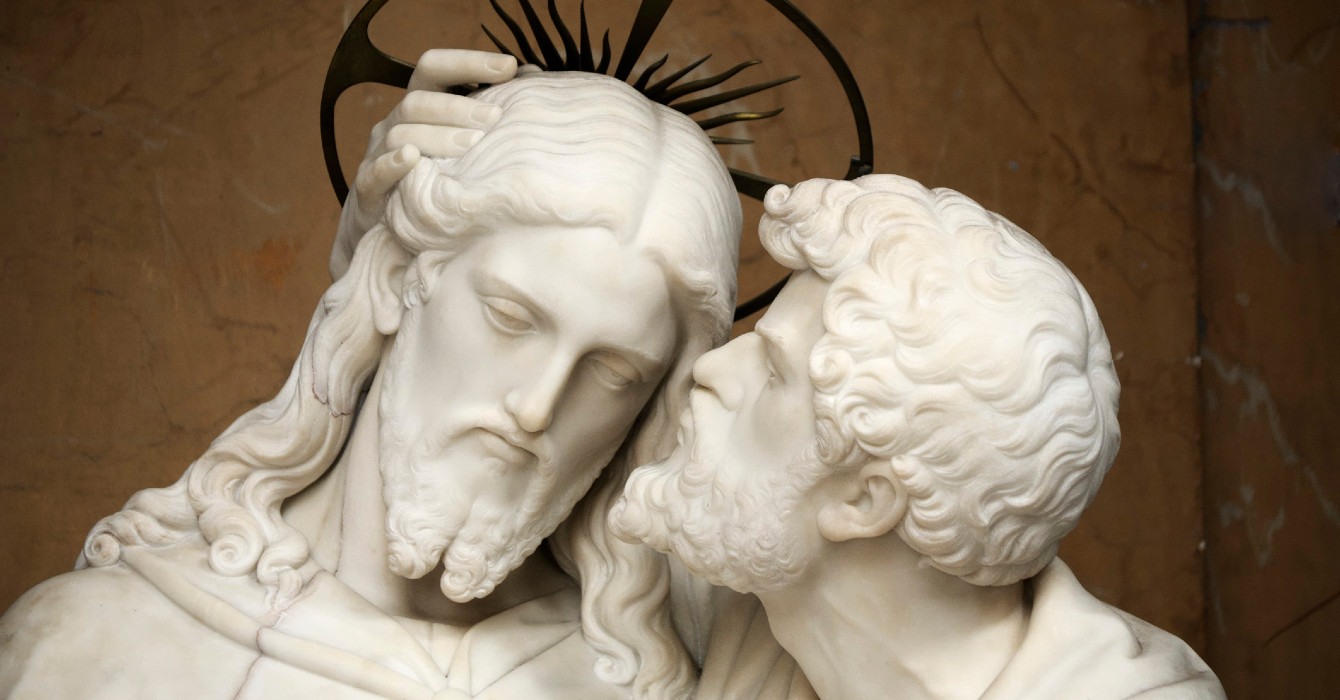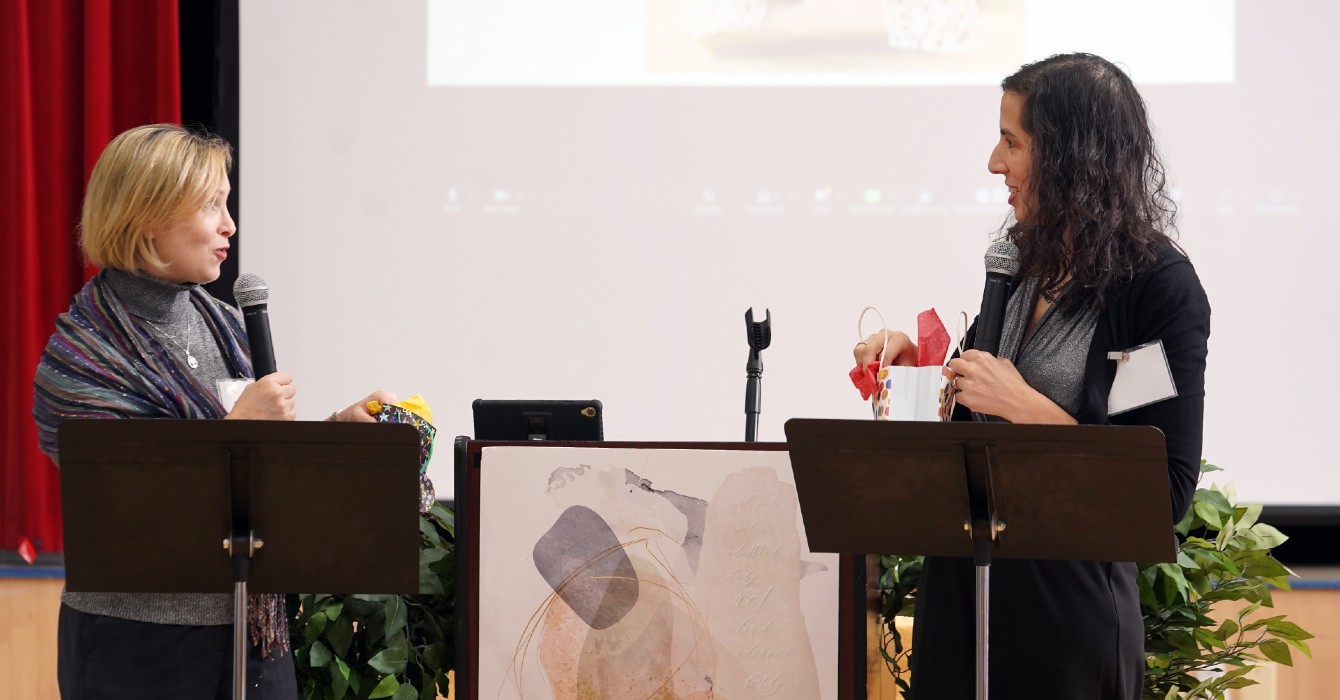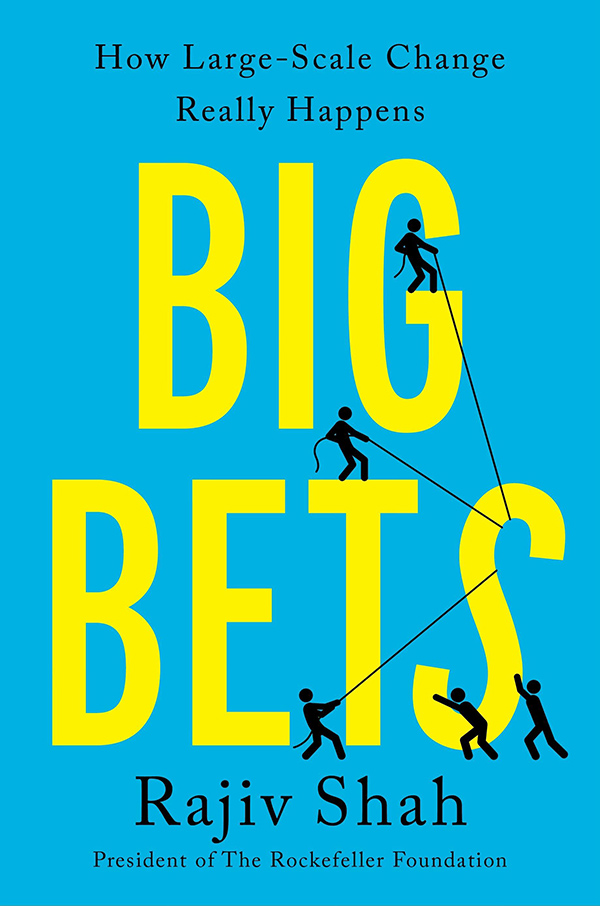How can we understand the intensity and depth of our current bewilderment about powerful forces and trends shaping our world, especially if every culture and generation tends to overstate the uniqueness of the challenges it feels? Why does our bewilderment feel so intense and deep now?
Jeremy Begbie offers a helpful framework in his book “Resounding Truth: Christian Wisdom in the World of Music” by attending to the “home-away-home” dynamics in both music and Scripture. In great music, composers will help us feel at home and then take us on journeys away before bringing us back -- ultimately, to a transformed and new sense of home. In Begbie’s terms, musical time is “multistoried.” Some of the journeys away are very brief, while others are long, difficult and disorienting.
For example, a composer might start a piece in a “joyful” home key like C major and then shift to a “sad” key like A minor, a key of feeling lost, forlorn. The composer might come back to C major to return to a sense of home in the short term, or she might eventually modulate to D major, a place that feels like home but is more triumphant and offers a transformed vision of that home. The composer has numerous opportunities to offer “touch points” of home -- sometimes in just a measure or two, other times over a more sustained interval -- all the while taking listeners on a much longer journey of being away before returning to a new vision of home.
Biblically, the story of the fall is the longest span of our being away; the whole of humanity’s history with God is a journey of being away, of longing to return home to the reign of God in its fullness. On that journey, we face many disorienting times, some short and some long, such as the story of Joseph. Some times away from home stretch out for generations, such as Israel’s time in the wilderness, as well as its exile. The longer we are away, the more bewildered we become and the more we worry that we won’t find home on the other side. This leads to a loss of hope, and despair.
Today, we are in our own wilderness period that will likely last for generations, not unlike the Israelites in the book of Numbers. Living in the disorientation of the wilderness is our new normal. And the “we” and the “our” in these sentences is, in a profound sense, all of us in the world. We are all affected in one way or another by such powerful forces as globalization, technology and financialization.
Yet the wilderness metaphor also illumines a deeper force that is afflicting us. As Avivah Gottlieb Zornberg notes in her book “Bewilderments: Reflections on the Book of Numbers,” the great temptation for the Israelites in the wilderness was the desire to go “back to Egypt.” She notes that this temptation is deadly: “The wish to return to Egypt is the wish to be in the death place, at the end of imagination.” It leads to a forgetfulness of purpose, of destiny, of God. She further notes that this wish begins to eat away at the soul as we discover and intensify crises of trust, of faith, of hope itself and of love. We suffer from mission drift, or even the loss of mission, because we can’t remember why we were moving toward the future in the first place.
Many people in the West have at least touch points of home in our personal stories and experiences of trust, faith, hope and love. Yet many others lack even these touch points, untethered as they are by systemic suffering, injustice and isolation, and by personal circumstances of abuse, abandonment and poverty. For many, the primary -- and, for some, only -- real experience of the world is brokenness. They feel perpetually away, with only a dim awareness that there might be a home somewhere, somehow.
But even those of us who experience touch points of home -- in liturgy, in family, in formative friendships -- now have difficulty connecting those touch points to a larger, comprehensive story in which we discover a lasting sense of home. Will there ever be an ultimate resolution, as in a musical score?
We have a perennial temptation toward a “practical atheism,” a crippling suspicion and fear that the world ultimately does not make sense. In Nicholas Lash’s vivid image, our anxiety is that the world is in truth a “nightmare of absurd unmeaning.” But that perennial temptation, in the wilderness of our world, is now becoming the dominant experience -- a flight from any overarching narrative that could restore trust, renew faith, rekindle hope and reawaken love.
Charles Taylor argues that at the beginning of modernity, even the unbelievers tended to assume there is a God. They just doubted that this God is active in the world (e.g., deism). But at the end of modernity, Taylor notes, even the believers tend to assume (or live as if) there is no God. We seem to have given up on the existence of a true, comprehensive story that begins with creation and ends with the new creation.
Do we have the capabilities to remember that story, that end, and be re-membered by it? Can our institutions and leaders once again be so animated by an intimate relationship with God that their character and virtues -- both institutionally and personally -- will inspire trust, faith, hope and love? What would it take to develop new and renewed institutions with such capacities? What would be involved in cultivating leaders of such character?
An initial requirement would be to overcome our “death wish” -- the crisis of imagination that results from our desire to go back to Egypt -- by breaking the grip of three distinct habits:
- “I gotta get out of here”: A mindset so shaped by brokenness that we can’t trust anything good that happens and cannot imagine a hopeful future
- “You are wrong!”: A well-practiced commitment to thinking and living oppositionally that hardens into the “reactionary” posture of a critic, defining ourselves by what we are against rather than what we are for
- “We can’t because …”: A tendency to let constraints define us, so that we are paralyzed in the present and unable to envision or live into a more life-giving future
The difficulty in the wilderness is that such habits, rooted in a crisis of imagination, become mutually reinforcing in vicious spirals that intensify our brokenness and deepen our distrust and our fear that life has no purpose.
But the wilderness can become an interval for us to reflect and refocus, to reorient our lives toward the confidence of the reign of God. We can choose to embrace the wilderness as a time for rediscovering the beauty, truth and goodness of God. We do not have to be victims of our surroundings, settling for an “is what it is” mindset.
In order to embrace the wilderness, we need stories and practices that re-connect us to a profound sense of home at multiple levels, including stories and practices of exemplary institutions and people that continue to bear faithful and effective witness. And we must focus attention on the comprehensive story, nurturing the imagination that enables us to do the hard work of learning again what trust entails, what faith involves, what hope envisions, what love enables.
Father Gregory Boyle, the Jesuit priest who founded Homeboy Industries in Los Angeles, illumines the power of this approach in working with young people, “homies,” who despair about the future. What does Boyle do? In the terms described above, he engages in crucial activities:
- Refusing to let people give up, reminding them that he is always there for them and that there is nothing they can do that would cause him to quit loving them
- Suspending judgment, focusing on solutions beyond the homies’ tendency to think oppositionally and often violently
- Cultivating an attitude of “We can if …,” searching for transformational approaches to the future
In his new book, “Barking to the Choir: The Power of Radical Kinship,” Boyle pays sustained attention to one key phrase from the book of Acts (2:43): “And awe came upon everyone.”
He suggests that this is key to rediscovering our capacity to behold the glory of God: to focus our attention on awe rather than judgment, on the remarkable gifts of God even in the midst of brokenness and suffering. Boyle quotes Julian of Norwich on the centrality of awe, humility and love in developing intimacy with God. He then notes that we often forget about the importance of awe. Homeboy Industries is an institution that cultivates trust, offers concrete signs of faith, hope and love, and serves as an icon of the awe-inspiring imagination that accompanies faithful journeying with God.
Boyle knows all too well that we are living in a wilderness time in the world, an especially poignant reality for the people with whom he lives and works. He knows the dangers of being “away” for long periods of time, especially for people who may have never sensed any “home.”
Yet he has embraced the wilderness, devoting his life to the grace and hard work of bearing witness to the awe, humility and love that comes from intimacy with God. He invites us all to embrace the story -- and in it, the stories, institutions, practices and relationships that enable us to discover and rediscover our true home.














